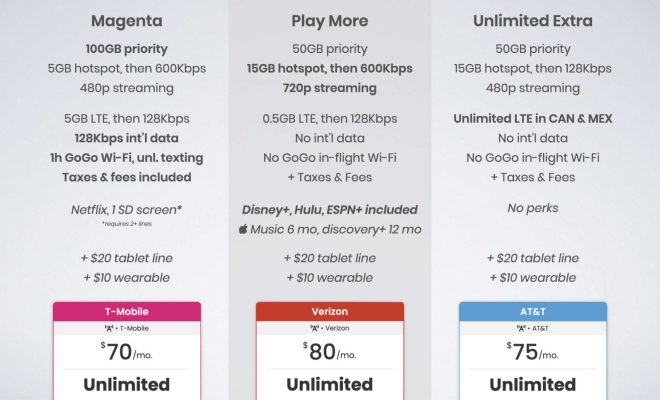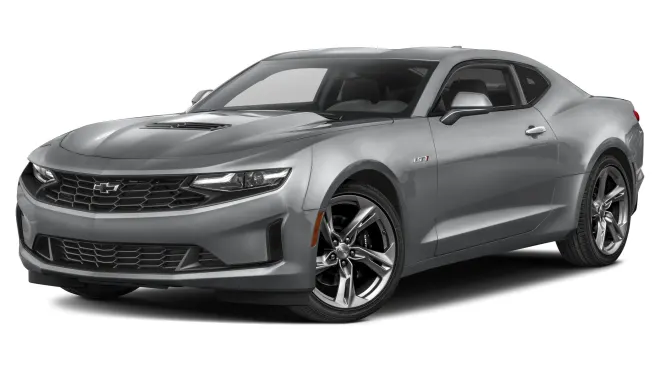Verizon vs. AT&T vs. T-Mobile compared: How to pick the best 5G carrier for you

As the rollout of 5G continues across the United States, the three major carriers – Verizon, AT&T, and T-Mobile – are all vying for your business. With promises of increased speed, better coverage, and enhanced capabilities, it’s no wonder why so many people are eager to make the switch to 5G. But how do these carriers compare when it comes to their 5G networks? In this article, we’ll examine each carrier’s offerings and help you determine which one is best suited for your needs.
1. Coverage
When choosing a 5G carrier, coverage should be one of your top priorities.
Verizon
Known for its extensive nationwide coverage, Verizon claims its 5G network currently covers around 230 million people across over 2,700 cities in the US.
AT&T
AT&T’s 5G network is available in more than 14,000 cities and towns across the country. While it may not be as comprehensive as Verizon’s coverage at present, it continues to expand its reach rapidly.
T-Mobile
As a result of merging with Sprint in early 2020, T-Mobile has significantly improved its coverage. The company has an ambitious plan to bring its Ultra Capacity 5G (faster) service to over 200 million Americans by the end of 2021.
2. Speeds
An important factor to consider when choosing a carrier is the speed of their network.
Verizon
Their Ultra Wideband 5G offers lightning-fast speeds (in some cases even surpassing home Wi-Fi), but this high-band spectrum technology is only available in select dense urban areas.
AT&T
While it has managed to achieve impressive peak speeds on its high-band spectrum (similar to Verizon), AT&T primarily focuses on its low-band 5G, which offers better coverage but at slightly lower speeds.
T-Mobile
T-Mobile’s 5G network, utilizing both low and mid-band spectrums, delivers reliable speeds while maintaining impressive coverage.
3. Plans and pricing
Each carrier offers different plans and pricing options, so it is crucial to find the most suitable one for you.
Verizon
Verizon’s plans can be relatively expensive, but they come with a variety of perks such as Disney+, Hulu, and ESPN+ depending on the plan you choose. Expect to pay around $70/month for an individual plan.
AT&T
AT&T’s 5G plans start at $65/month for unlimited data. Subscribers also benefit from an HBO Max subscription with select plans.
T-Mobile
Known for being more budget-friendly, T-Mobile’s 5G plans start at just $60/month. The carrier also offers perks like Netflix Basic bundled with certain plans.
Conclusion
Ultimately, selecting the right carrier for your 5G needs will depend on your priorities and what you value most – be it coverage, speed, or cost. Take the time to evaluate which carrier best fulfills your requirements before committing. With new advancements in 5G technology on the horizon, keeping informed about each provider’s updates can also influence your decision in the future.






